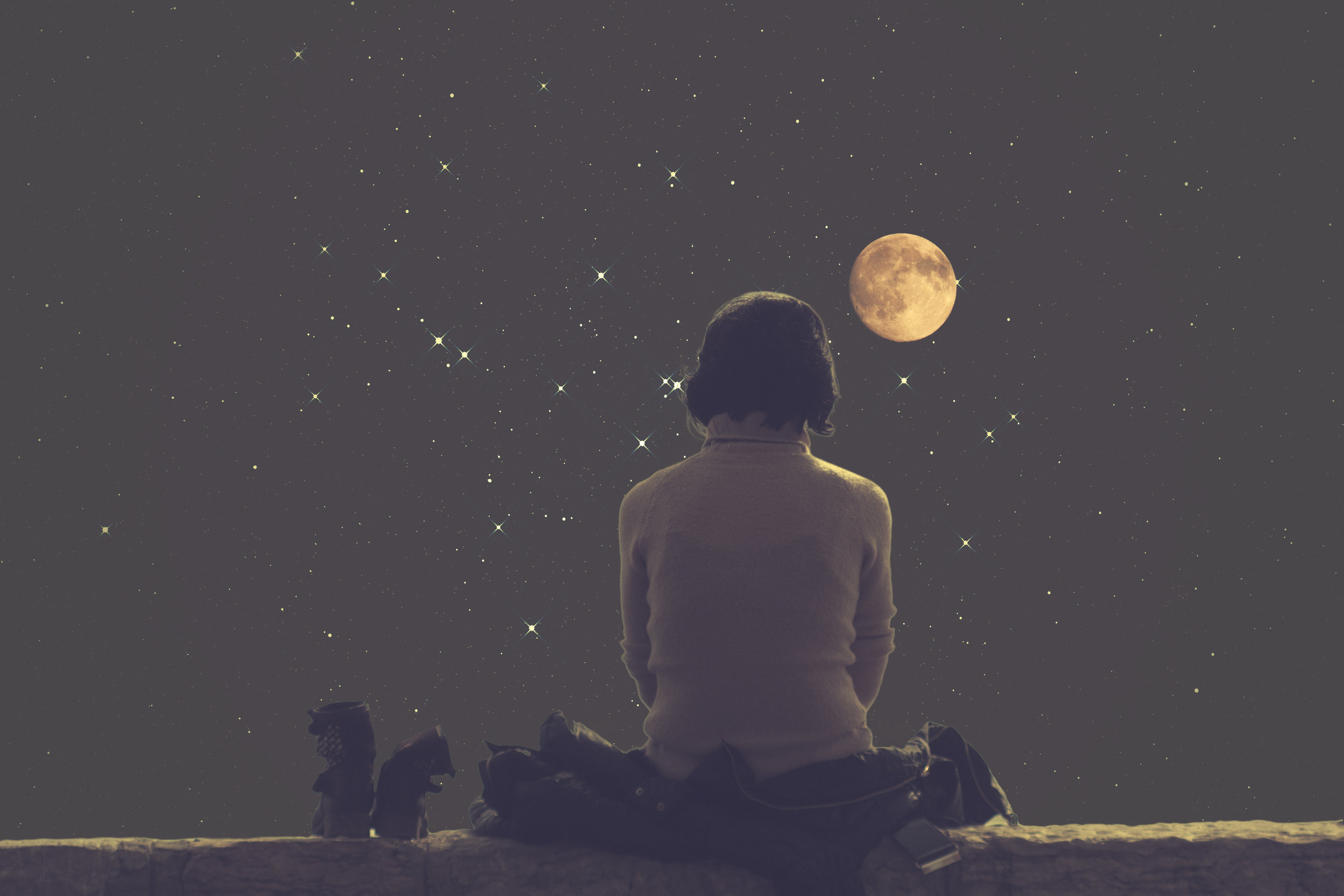
Your countdown to better sleep. . . z z z . . .
Question: I have an issue getting to sleep. Once I do fall asleep, I am good for the night. There are too many thoughts going on in the brain to quickly doze off!
Insomnia is one of the most common complaints I see in clinical practice. Sleep is complex and insomnia manifests in many undesirable forms! Some insomniacs have trouble staying asleep, some wake up during the night and others, like you, have difficulty falling asleep. The bottom line is that sleep is an active physiological process where many essential functions occur including repair and detoxification, to name a few and, thankfully, there are many herbs and supplements that can help! Here are some important tips to support falling asleep:
Inability to fall asleep, especially when the brain is overactive, is often due to high stress levels and sympathetic dominance (the fight or flight branch of the nervous system). So, taking steps to reduce your stress is key. Here’s a list of important steps to take before we even get to herbs:
10. Create a calm, relaxing environment in your bedroom. 9. Eliminate all sources of light (yes, even that tiny one on your clock or smoke detector!).
8. Keep the temperature in your bedroom cool to support drifting off to sleep. 7. Turn off all screens after dinner and reduce any stimulation. 6. Write your thoughts down to allow your brain to let them go and prepare for sleep.
5. Exercise daily — to manage stress and support stable blood sugar which are essential for good sleep.
4. A healthy diet is key — be sure to reduce inflammatory foods, such as food allergens, sugar and processed foods, such as baked goods; Consume enough vegetables, fats, protein, vitamins and minerals, especially B vitamins and magnesium. So many physiological processes happen during sleep and they require fuel!
3. Consider starting a regular meditation practice. Even just 2 minutes of deep breathing can = big shifts.
2. Don’t forget about caffeine – be sure to limit your intake and stop before noon as caffeine stimulates the brain.
1. Get in bed by 10pm or earlier. Remember, all artificial light after sundown is unnatural.
And, now for some herbal approaches (remember, herbs do not exist in a vacuum!). . . In addition to the above, herbal medicine can support sleep in many ways. Adaptogens and nervines can be hugely supportive for stress. My favorite nervine for inability to fall asleep because of a busy mind is, hands down, PASSIONFLOWER!. This gorgeous flowering vine is a mild tea and an ingredient in Nighty Night Tea. Nighty Night also contains gentle sedating herbs including hops (Humulus lupulus) and chamomile (Matricariarecutita). If the tea isn’t enough try adding a few droppers full of California Poppy (Eschscholziacalifornica) and/or passionflower tinctures from Gaia herbs. Another option is a natural herbal melatonin called Herbatonin. This is my favorite remedy for jet lag, but it can be safely used regularly as well. I also recommend keeping some essential oils or hydrosols by your bedside. Two of my favorites are Lavender and Chamomile. Or try this delightful essential oil blend ‘Deep Restful Sleep‘ by Simplers Botanicals. Smell them before bed and anytime upon waking. You can even place a drop of essential oils on your pillow or temples, or spray your face and pillow with hydrosols, before bed to have these relaxing scents lull you off to sleep. . . bonne nuit!

